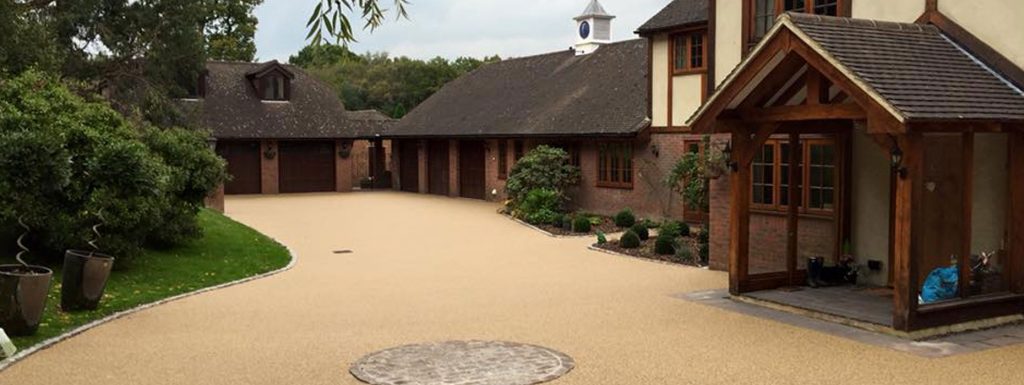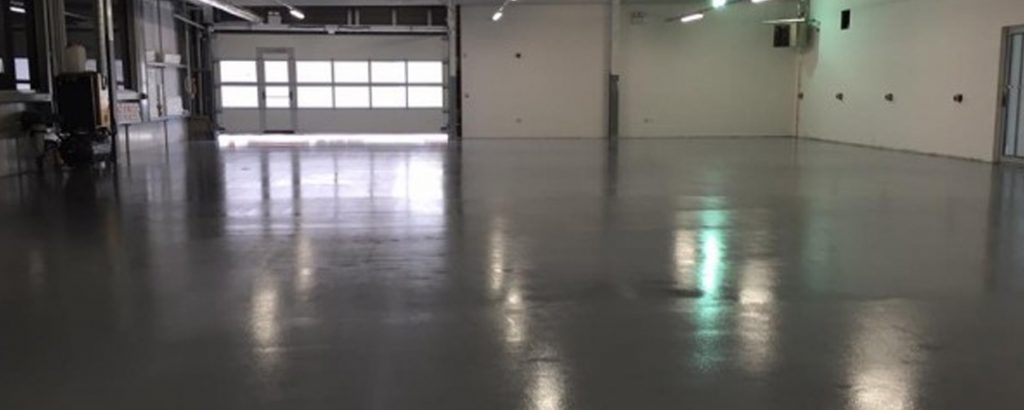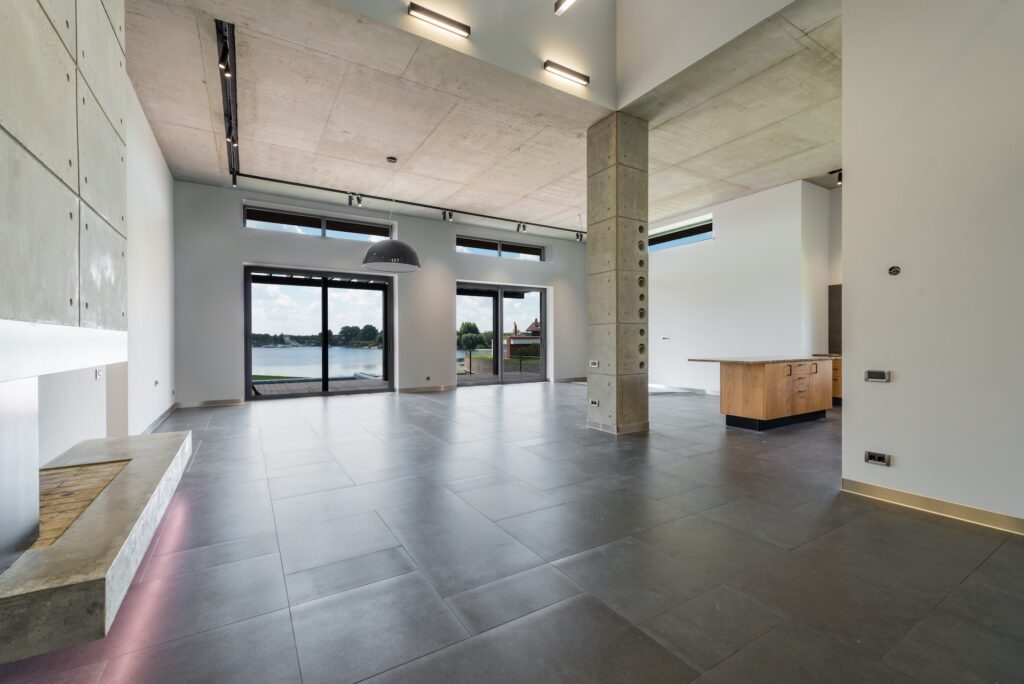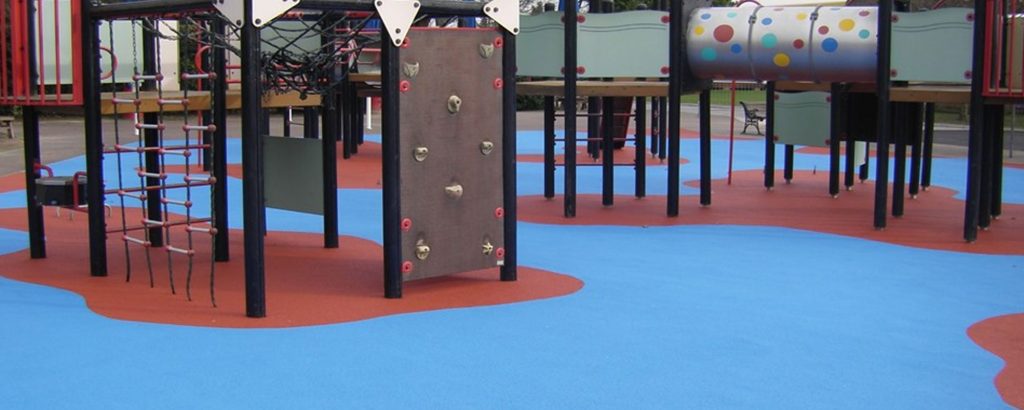The weather and time of year can affect the installation of a new driveway, with several variables to consider. Planning your driveway project carefully is important to ensure you have an optimal finish and a strong, long-lasting driveway that will remain in good condition for years to come.
In this guide, Flexflooring explains the best times of year to lay a driveway and why the type of driveway material you select can be a key factor.
Important Factors in Driveway Finishes
The weather and temperature are two of the factors that can affect the way a finished driveway looks, performs and lasts.
However, it is also essential to ensure your drive is professionally installed by an experienced team who can recommend the right options, such as preparatory works and substrate depth, and inspect your property or the site where you wish to install a driveway to provide independent advice.
Laying a drive on an unstable or uneven substrate can mean slippage, cracking, potholes and other wear and tear, even if the weather conditions are perfect.
Resin driveways are more flexible, depending on the type of sub-base used, whereas asphalt (or tarmac) should normally only be laid in warmer weather. In contrast, concrete driveways should be fitted during cooler days or outside of the hottest hours during the summer, so there isn’t one solution for every driveway project.
How Driveway Materials Respond to Different Temperatures
The three most used materials for driveways are resin, asphalt and concrete. However, we often recommend resin as the most advanced, high-performance option with a seamless finish and modern aesthetic.
Asphalt/Tarmac Drives
The nature of tarmac means that heat is a fundamental factor in the installation process, and most road surfacing projects or new tarmac driveways are laid in the summer during warm weather.
Because tarmac is applied hot, if the temperature is too low, it can mean the mixture cools too quickly and cures, which can present structural instability and cause the driveway to develop cracks and other deviations.
Concrete Drives
In contrast to tarmac, concrete should be laid in cooler weather, as the lower temperatures help the concrete to set correctly and provide an even driveway finish. However, rain, moisture and dampness can cause issues where excessive exposure to water affects the consistency of the concrete mixture.
Resin-Bound Drives
As mentioned, resin is the most flexible material to use on a driveway, although the ideal conditions will depend on the design, depth and nature of the sub-base.
Our driveway installersengineers tend to be in the highest demand around July, before peak heat waves in August. Still, there are plenty of other suitable periods when the weather is reliably dry and warm, without as much likelihood of sudden changes in the air temperature that can delay or postpone driveway installations.
While the air temperature is not as crucial a factor, resin should be protected from water ingress since moisture can cause whitening (also called blooming), which impacts the finish of the surface.
Related Reading: How much does a resin driveway cost?
How to Ensure Your Driveway Has the Perfect Finish
Whichever material you choose, your installers may need to wait for a period of at least two dry days forecast to allow sufficient time to lay the drive and allow it to cure.
Wet conditions can cause damage to the result, so it is essential to avoid installing a driveway in suboptimal conditions.
However, that does not mean you cannot replace, repair or upgrade your driveway at other times of the year. While December is normally best avoided, it is possible to proceed without any delays if the summer weather extends into September or October or spring begins in March, for example.
The good news is that an experienced driveway installation team will be able to advise on availability and the likelihood of moving ahead as planned or whether they recommend rescheduling the work for the right conditions.
Resin-bound driveways can be cured and ready to use in as little as 48 hours, depending on the size and layout of the drive, which means that provided there is a period of dry weather, you may be able to look forward to using your new driveway regardless of the time of year.
Picking the Right Driveway Material
Concrete and tarmac are among the most familiar traditional driveway materials. Still, they have limitations that mean many homeowners and businesses now opt for a resin-bound drive, parking area or bay.
There are multiple benefits to using resin for your driveway, including the following:
- Greater installation flexibility – resin is suitable for installation in both hot and cold temperatures.
- Improved durability – resin driveway surfacing requires minimal maintenance and provides a rigid, solid structure for driving and parking.
- Enhanced drainage – the structure of resin means that water can drain naturally without collecting on the surface of the drive. This feature prevents surface water and ice from freezing within the surface layer during the winter, leading to damage and deterioration.
- Customisation – you can design a resin drive with any aggregates, finishes and additives you choose, with a large colour spectrum and options to create designs, patterns, stripes or any other aesthetic that will add value to your property.
Expedited installation is an additional advantage, which means that most projects can proceed quickly without having to wait until specific periods of the year when the conditions are suitable for laying concrete or tarmac.
The expert installers at Flexflooring endeavour to install your driveway to your schedule and are always on hand to provide further advice about the best time to plan your home improvement works.
If you would like to organise a convenient time to carry out resurfacing or replacement work on your drive or would like to review our extensive body of work for inspiration, please get in touch.
Our driveway teams have years of experience and are accustomed to finding the ideal conditions to finish your driveway to impeccable standards, working around the notoriously unreliable British weather to achieve stunning outdoor aesthetics for any driveway design.





